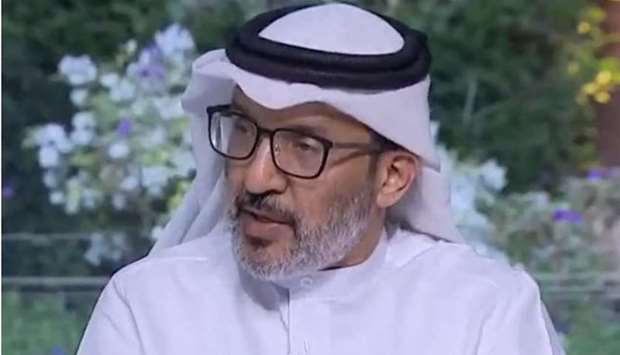Qatar residents have been urged to take the booster dose of Covid-19 vaccine to get additional immunity against the pandemic. "A total of 70,000 booster doses have been administered so far in Qatar without any serious side effects," said Dr Yousef al-Maslamani, medical director of Hamad General Hospital.
In an interview with Qatar TV Wednesday, the senior health official also dispelled rumours about the booster dose. "It was on the basis of scientific research that the booster or third dose got approved," he explained while clarifying that the immunity against Covid-19 begins to decrease after six months of the second dose.
Regarding the impact of the third dose on travel and return policy, Dr al-Maslamani said: “We guarantee the society's protection by following precautionary measures such as masks and social distancing in addition to vaccination.”
"In order to maintain 90% of the society’s immunity, we do not want any Qatar resident to travel without the booster dose to countries experiencing the third or fourth waves of the pandemic.
Dr al-Maslamani explained that the protection after the second dose is for a full year and if a year hasn’t passed the privileges will remain. “We don’t prevent travelling, but rather motivate and encourage people to take the third dose,” he said.
The validity of the golden frame of Ehteraz, which indicates vaccination with two doses, shall disappear after 12 months of receiving the second dose, as it has been decided by the strategic committee of the Ministry of Public Health.
"This means that the person doesn’t protect himself or his community from the virus."
Regarding the third or booster dose, Dr al-Maslamani said that the Pfizer/BioNTech or Moderna vaccine can be taken even for those vaccinated with AstraZeneca. “There are institutions that have discovered that mixing vaccines helps to increase immunity and there are countries that have done so without harm,” he explained.

,A total of 70,000 booster doses have been administered so far in Qatar without any serious side effects,, stated Dr Yousef al-Maslamani, medical director of Hamad General Hospital.

